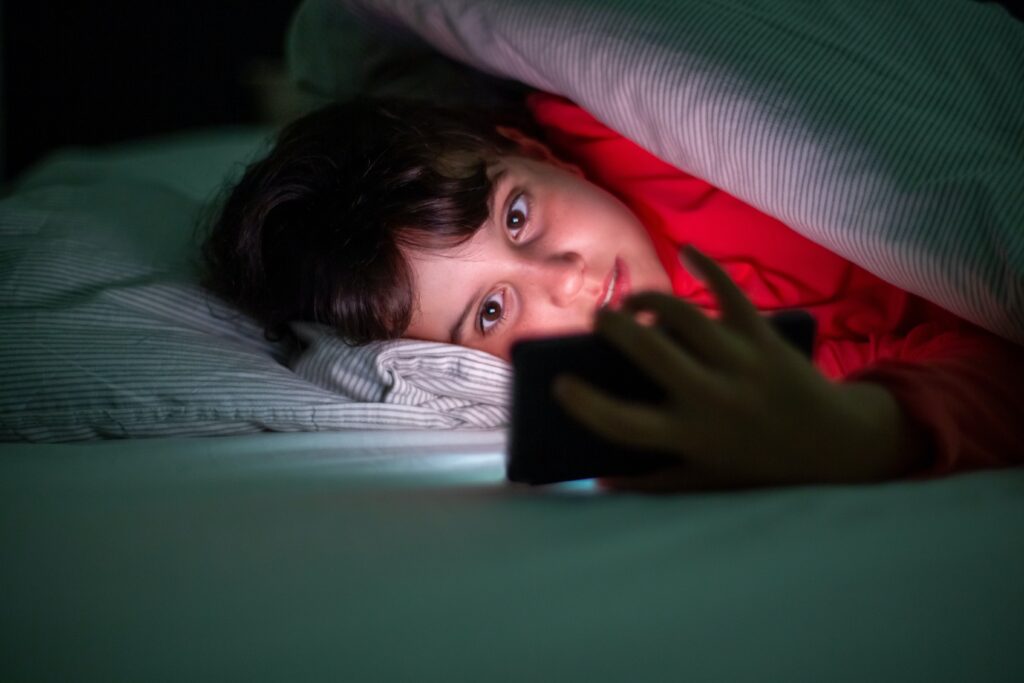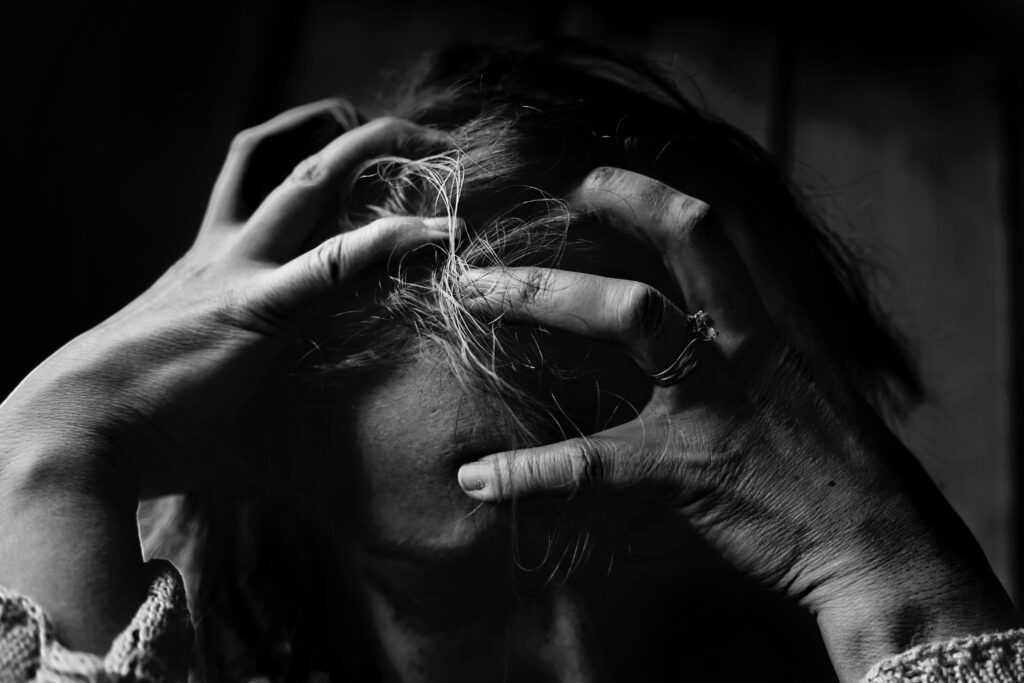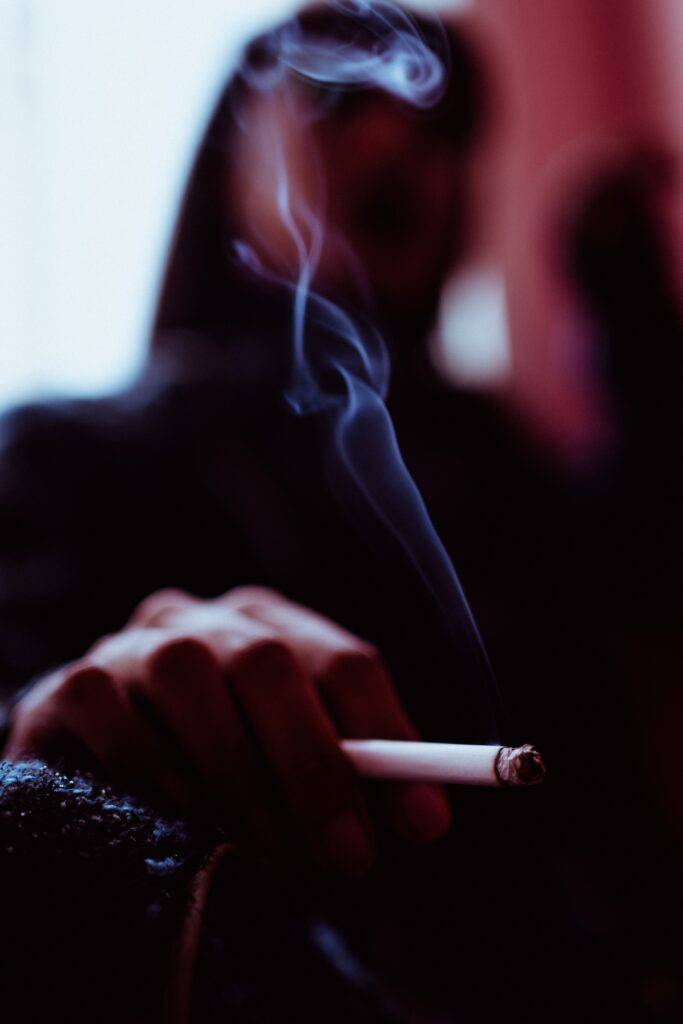10 things you shouldn’t do before going to sleep

Sleeping with your phone: a bad idea

A survey by the National Sleep Foundation 1 revealed that about 10% of teenagers between the ages of 13 and 18 had nocturnal awakenings almost every day, due to calls, texts or e-mails.
Concerning 13-29 year olds, 1 in 5 said that this kind of situation happened to them several times a week. Another study highlighted the effects of the smartphone on sleep: sending messages, in particular, would considerably reduce the duration 2 .
It is therefore recommended to turn off your phone , put it on silent or put it in another room before going to bed so as not to be tempted to use it.
| Sources 1. National Sleep Foundation. 2011 Sleep in America Poll : communications technology in the bedroom. Sleepfoundation.org 2. Mari Hysing, Stale Pallesen, Kjell Morten Stormark, reidar Jakobsen, Astri J Lundervold, Borge Sivertsen. Sleep and use of electronic devices in adolescence: resultants from a large population-based study. BMJ Open. 2015;5:e006748 |
Do stressful things in the evening

At the end of the day, it is important to take time to relax. Chaining activities that require a lot of thought leads to stress that can affect sleep.
This will avoid working late, settling money problems or having an important discussion just before going to bed. About three out of four people sleep poorly because of a major source of stress and anxiety.
It is rather advisable to do something calm , which does not require effort and which allows you to “clear your head”. For example, reading a book or listening to soft music helps you fall asleep and help you rest. You can also do relaxation exercises, useful to fight against anxiety and brain overwork. You will feel more relaxed and sleep will come more quickly.
Smoke a cigarette before going to bed

Nicotine is a stimulant 1 which aggravates insomnia, especially if you smoke a cigarette just before going to bed.
It delays falling asleep , but also disrupts sleep cycles 2 . In fact, a study has shown that smokers spent much more time in a light sleep stage 3 . It also appears to cause some smokers to wake up earlier than normal due to the cravings it induces.
Sleep is therefore not restorative, and fatigue will tend to accumulate. E-cigarettes, patches 4 , pipes and cigars are also affected.
Finally, it would seem that smoking before sleeping aggravates sleep apnea, and increases the risk of hypoxia (insufficient quantity of oxygen in the lungs), which itself causes hyperventilation 5 .
| Sources 1. David JK Balbour, Marcur R Mufano. The neurobiology and genetics of nicotine and tobacco. Edition Springer. 2015 2. Jaehne A, Unbehaun T, Feige B, Lutz UC, Batra A Reinmann D. How smoking affects sleep: a polysomnographical analysis. Sleep Med. 2012;13(10):1286-92 3. Lin Zhang, Jonathan Samet, Brian caffo, naresh M Punjabi. Cigarette smoking and nocturnal sleep architecture. American Journal of epidemiology. 2006, volume 164, issue 6 4. F Page, G Coleman, R Conduit. The effect of transdermal nicotine patches on sleep and dreams. Physiology and behaviour. 2006. 425-432 5. SG Conway, SS Roizenblatt, L Palombini, LS Castro, LRA Bittencourt, RS Silva, S Tufik. Effect of smoking habits on sleep. |
Fight fatigue in bed

The first signs of fatigue (heavy eyelids, yawning) should make you stop all activity: the body is telling you that it needs rest.
Sleep works in cycles (3 in number), and if you miss one, you have to wait for the next one (almost 90 minutes).
The more you fight against falling asleep, the more stress it generates and the greater the risk of falling asleep late. The night will then not be as regenerating as it should be.
Going to bed at regular times also helps you sleep better, because the brain will automatically know it’s time to “unplug” and rest.



